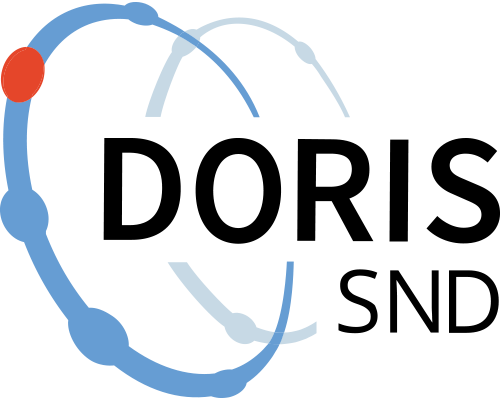The Negotiations in the Council of the European Union Dataset
Citation and access
Citation and access
Data access level:
Creator/Principal investigator(s):
- Daniel Naurin - University of Gothenburg
- Markus Johansson - University of Gothenburg
- Rutger Lindahl - University of Gothenburg
- Olof Larsson - University of Gothenburg
Research principal:
Data contains personal data:
Yes
Type of personal data:
Indirect identifiers: work place (variable workgroup), member state (variable ms), gender (variable gender)
Code key exists:
Yes
Citation:
Language:
Method and outcome
Method and outcome
Unit of analysis:
Population:
The population consists of all the EU member states’ representatives to eleven Council preparatory bodies in each survey round. The total population for the seven survey rounds is 1947 representatives of which 1567 responded, which means a response rate of 81%.
Time method:
Sampling procedure:
Description of sampling:
The selection of respondents for each survey round is consists of the individuals representing the EU member states to eleven Council preparatory bodies. The sample of preparatory bodies has been made to secure a broad coverage of policy areas and different levels within the Council hierarchy (a list of the committees and working groups that are part of the sample is included in the codebook). In each committee, all of the member states’ representatives have been contacted. In those cases where it has not been possible to conduct an interview with the chief representative, the deputy representative has been contacted instead.
Time period(s) investigated:
Variables:
249
Number of individuals/objects:
1947
Response rate/participation rate:
81%
Data format/data structure:
Data collection - Telephone interview
Data collection - Telephone interview
Mode of collection:
Telephone interview
Source of the data:
- Other
Geographic coverage
Geographic coverage
Geographic location:
Administrative information
Administrative information
Responsible department/unit:
Centre for European Research
Funding
Funding
Funding agency:
- Bank of Sweden Tercentenary Foundation
Funding agency:
- Swedish Research Council
Topic and keywords
Topic and keywords
CESSDA Topic Classification:
Standard för svensk indelning av forskningsämnen 2025:
Publications
Publications
Citation:
Citation:
Citation:
Citation:
Citation:
Citation:
Citation:
Citation:
Citation:
Citation:
Citation:
Citation:
Citation:
Citation:
Citation:
Citation:
Citation:
Citation:
Citation:
Citation:
Citation:
Citation:
Citation:
Citation:
Citation:
Citation:
Citation:
Citation:
Citation:
Citation:
Handle:
Citation:
Citation:
Citation:
Citation:
Citation:
Citation:
Citation:
Versions
Versions
Version:
Data added:
A new survey round has been conducted and added to the dataset.
Published:
Metadata
Metadata
Versions
Versions
Version:
Data added:
A new survey round has been conducted and added to the dataset.
Published:
